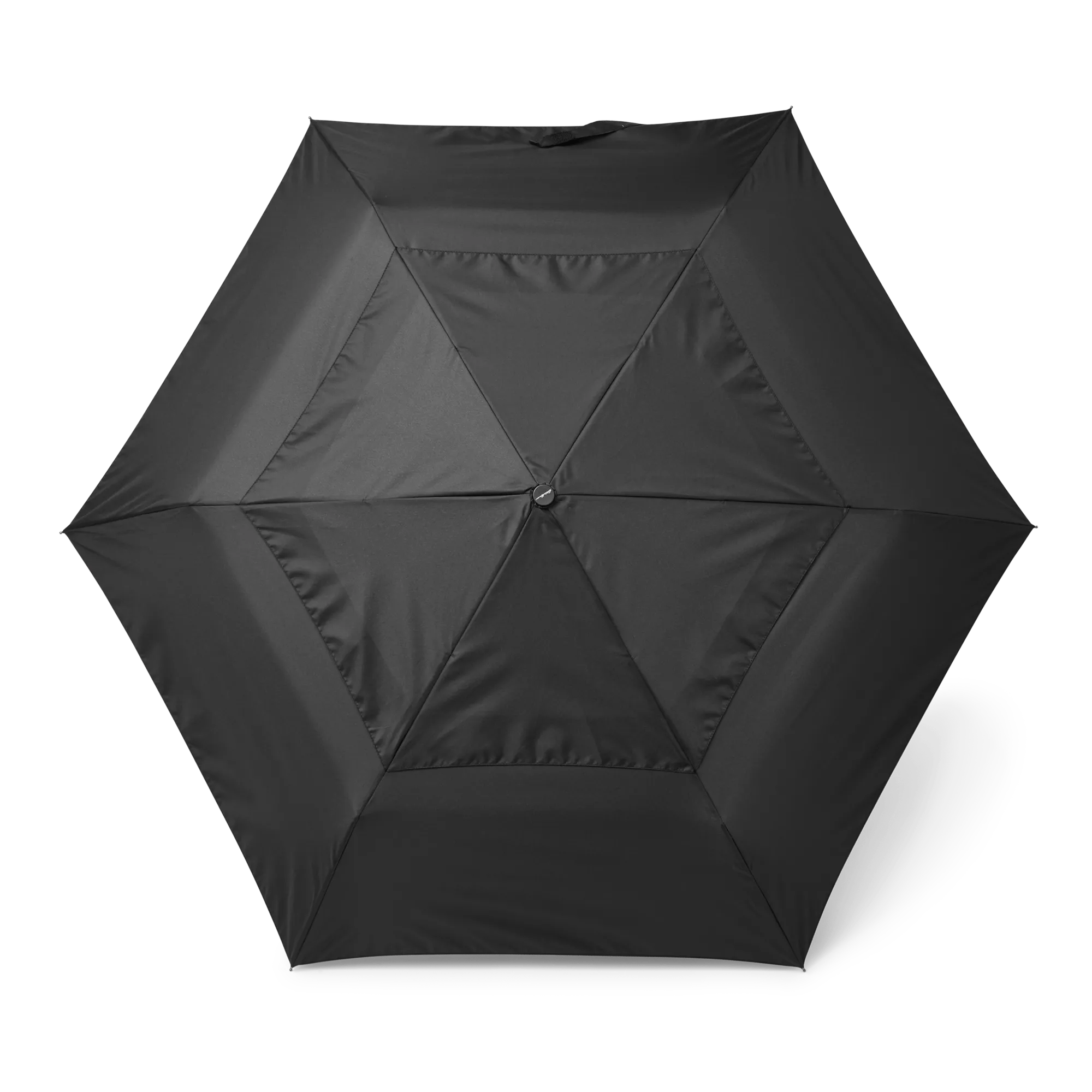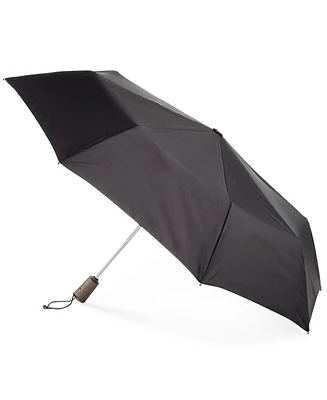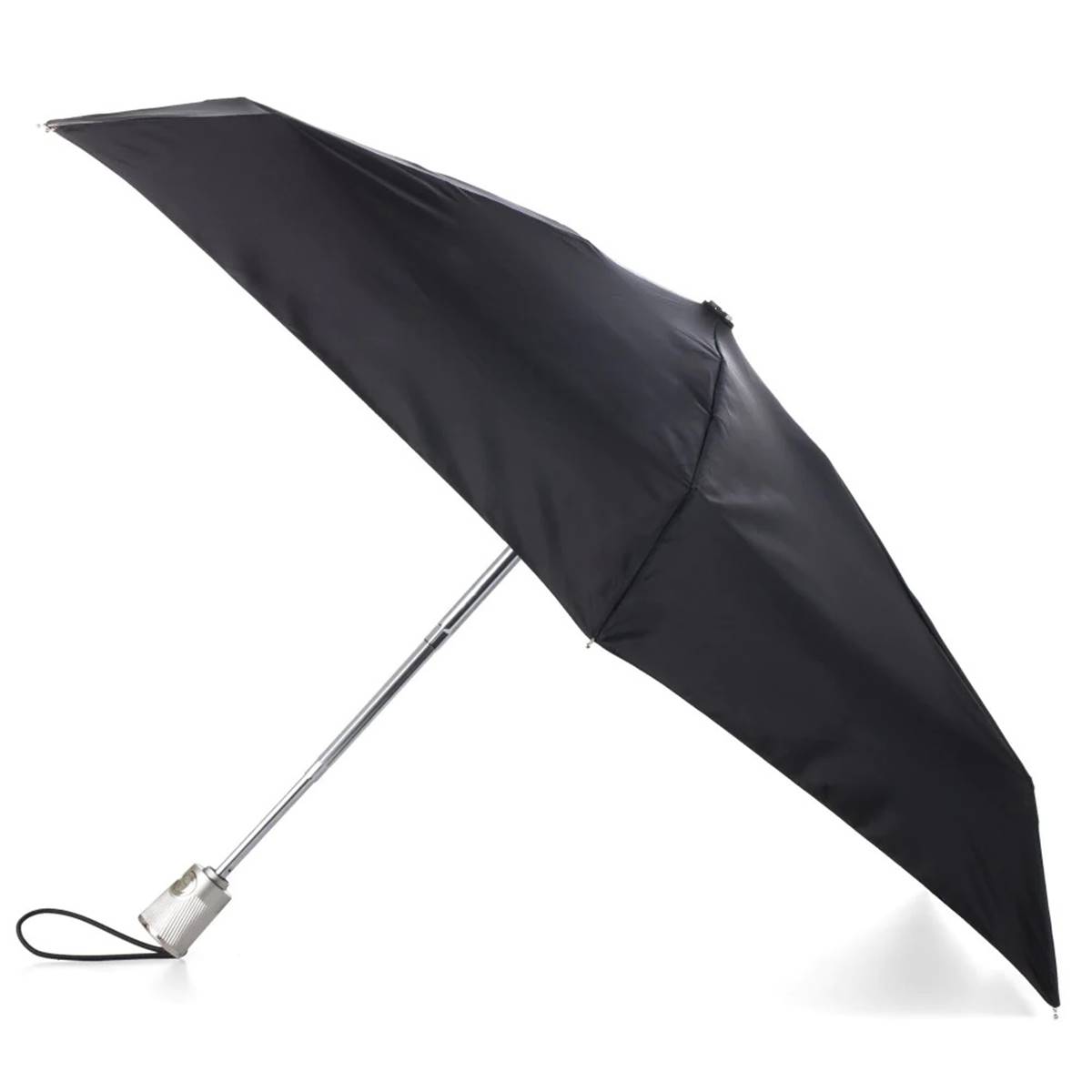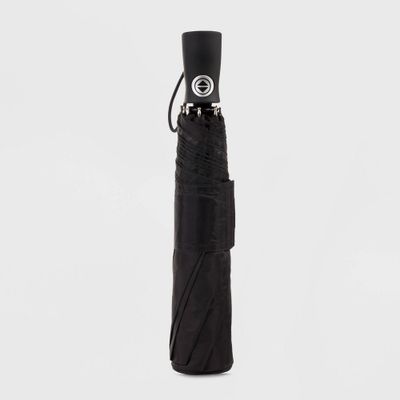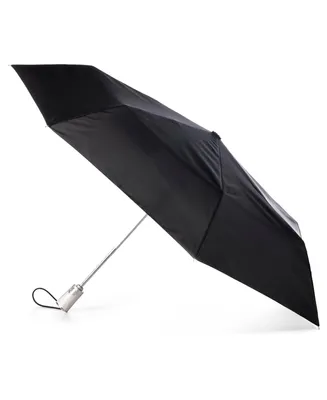Home
Open & Close/Afrodisiac
Loading Inventory...
Barnes and Noble
Open & Close/Afrodisiac
Current price: $16.99


Barnes and Noble
Open & Close/Afrodisiac
Current price: $16.99
Loading Inventory...
Size: OS
*Product Information may vary - to confirm product availability, pricing, and additional information please contact Barnes and Noble
This CD reissue combines two early-'70s albums --
Open & Close
and
Afrodisiac
-- on a single disc.
has just three songs, all in the ten- to 15-minute range, mixing some of the improvisational verve of
jazz
into
Kuti
's
Afro-funk
stew. There's a bittersweet, faintly melancholy tone to some of the progressions that differentiates this from much
African pop
of then and later, and the half-dozen percussionists set a good bed on which the horns and electric keyboards swap lines.
"Gbagada Gbagada Gbogodo Gbogodo"
is highlighted by extensive call-and-response vocals between
and the band. The four (as usual, lengthy) songs occupying
Aphrodisiac
had been originally recorded in Nigeria as 45 rpm releases, though that album consists of re-recordings of these done in London in the early '70s. (Confusingly, one part of the liner notes gives the years 1972-1973 as the recording dates, while another section says they were cut in 1971.) While it's true that
Fela Kuti
's records from this period are pretty similar to each other, in their favor they're not boring. These four workouts, all sung in Nigerian, are propulsive mixtures of
funk
African
music, avoiding the homogeneity of much
records of later vintage, done with nonstop high energy. The interplay between horns, electric keyboards, drums, and
's exuberant vocals gives this a
character without sacrificing the earthiness that makes it danceable as well.
"Jeun Ko Ku (Chop'n Quench)"
became
's first big hit in Nigeria, selling 200,000 copies in its first six months in its initial version. ~ Richie Unterberger
Open & Close
and
Afrodisiac
-- on a single disc.
has just three songs, all in the ten- to 15-minute range, mixing some of the improvisational verve of
jazz
into
Kuti
's
Afro-funk
stew. There's a bittersweet, faintly melancholy tone to some of the progressions that differentiates this from much
African pop
of then and later, and the half-dozen percussionists set a good bed on which the horns and electric keyboards swap lines.
"Gbagada Gbagada Gbogodo Gbogodo"
is highlighted by extensive call-and-response vocals between
and the band. The four (as usual, lengthy) songs occupying
Aphrodisiac
had been originally recorded in Nigeria as 45 rpm releases, though that album consists of re-recordings of these done in London in the early '70s. (Confusingly, one part of the liner notes gives the years 1972-1973 as the recording dates, while another section says they were cut in 1971.) While it's true that
Fela Kuti
's records from this period are pretty similar to each other, in their favor they're not boring. These four workouts, all sung in Nigerian, are propulsive mixtures of
funk
African
music, avoiding the homogeneity of much
records of later vintage, done with nonstop high energy. The interplay between horns, electric keyboards, drums, and
's exuberant vocals gives this a
character without sacrificing the earthiness that makes it danceable as well.
"Jeun Ko Ku (Chop'n Quench)"
became
's first big hit in Nigeria, selling 200,000 copies in its first six months in its initial version. ~ Richie Unterberger

